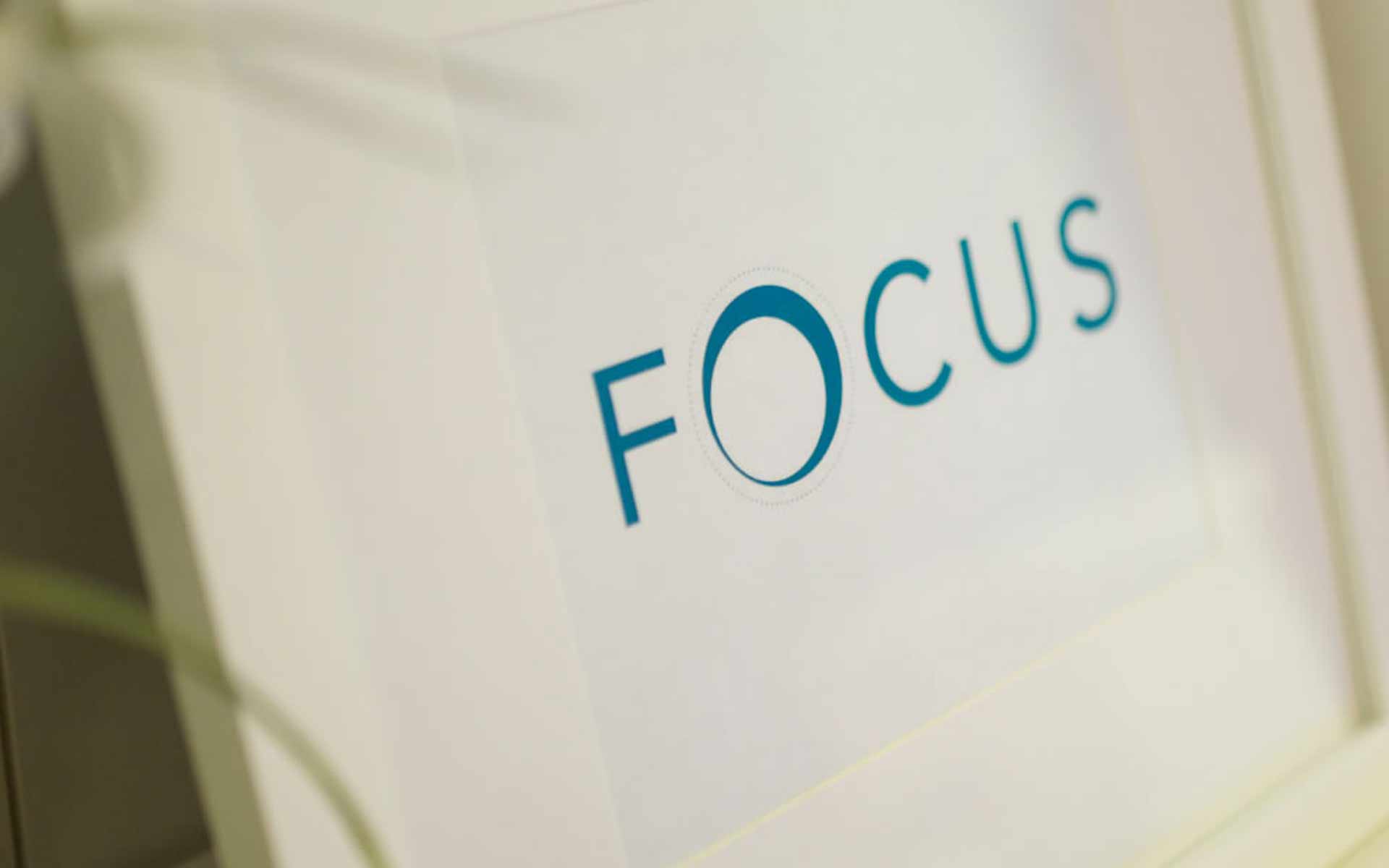Those in their 30s who need glasses for short-sight, with or without astigmatism, are the largest group seeking laser eye surgery. They usually wear glasses or contact lenses throughout the day, or sometimes just for driving and watching TV or a film if the myopia is mild.
Most short-sighted and astigmatic prescriptions are stable by the age of 3o, so progression of the condition is not usually an issue. Unless another problem is present (such as sever dry eyes, which is rarer in this age group) most patients are suitable for LASIK.
You will still need a thorough consultation to make sure you are eligible for a vision procedure
We know from clinical research observing laser eye patients over 20 years that, as long as they were well-selected candidates and not progressing at the time of surgery, almost 99% remain stable in the long-term.
most short-sighted patients in their 30s are good candidates for laser eye treatment
LASIK is the treatment of choice for short-sight, which may also include some degree of astigmatism. PRK may also be an option depending on the shape and anatomy of your corneas. The re-treatment rate at Focus Clinic for return of myopia more than one year after surgery is only 1 in 800 cases.
the re-treatment rate at Focus Clinic for return of myopia is only 1 in 800 cases

